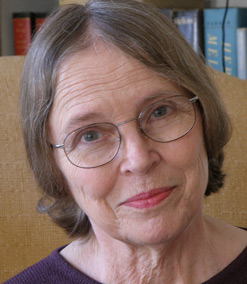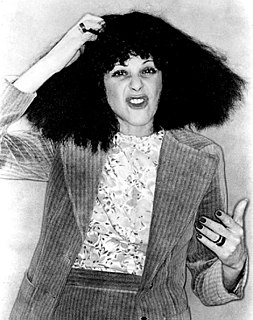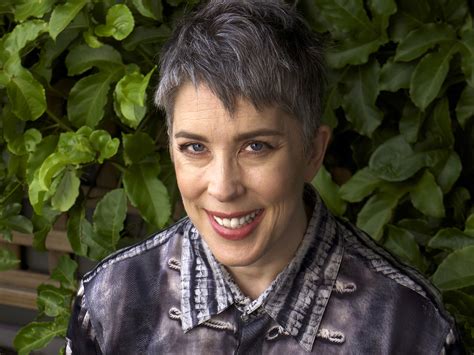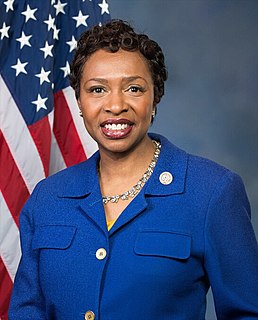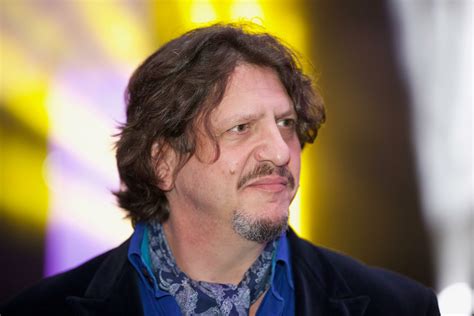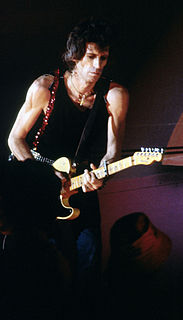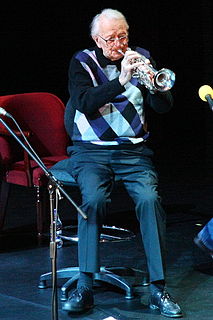A Quote by Margaret MacMillan
When I first read Barbara Tuchman's 'The Guns of August' in the autumn of 1963, it was as though history went from black and white to Technicolor.
Related Quotes
The first week of August hangs at the very top of summer, the top of the live-long year, like the highest seat of a Ferris wheel when it pauses in its turning. The weeks that come before are only a climb from balmy spring, and those that follow a drop to the chill of autumn, but the first week of August is motionless, and hot. It is curiously silent, too, with blank white dawns and glaring noons, and sunsets smeared with too much color.
I re-read The History of White People by Nell Irvin Painter. It's a book every one should read, particularly Americans, as the USA is her primary focus. Her book demonstrates that white is not universal, that white is not neutral, that it has a history, which she eloquently delineates. It's not often you finish a book understanding how the world operates better than before you read it.
My relationship with 'Star Wars' is that I'm old enough that I saw it when it first came out - 'A New Hope,' that is - and it was like when Dorothy steps out of black and white into Technicolor. I was transported from a gray, miserable 1970s London into a different galaxy, and I didn't know what it was, but I wanted to be a part of it.
That first company I started made a lot of money for the venture capitalists - nearly $30 million - but next to nothing for the founders. The companies I started after that varied between failures and mediocre successes. But at no point did I ever consider getting a 'real job.' That felt like a black and white world, and I wanted Technicolor.
When my family first moved to Hempstead in the 1960s, they were one of the first black families. It used to be an all-white neighborhood, but there was white flight when the black people with money started moving in. When I was, like, 13 or 14, Hempstead had just become all black, and the poverty became worse and worse.
There is not a history of black intellectuals being allied with dominant forces to hold white people in social and cultural subordination for a few centuries. Second, the "our" of black folk has always been far more inclusive that the "our" of white folk. For instance, there would have hardly been a need for "black" churches if "white" churches had meant their "our" for everybody - and not just white folk. But "our" black churches have always been open to all who would join. The same with white society at every level.

